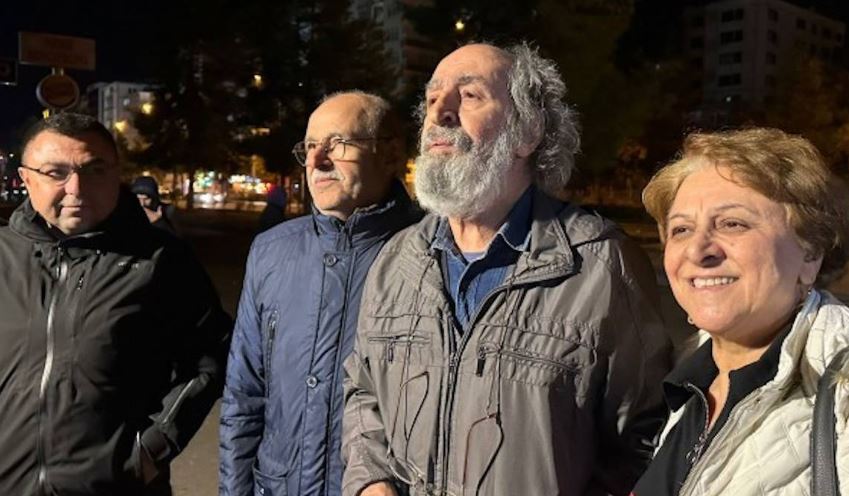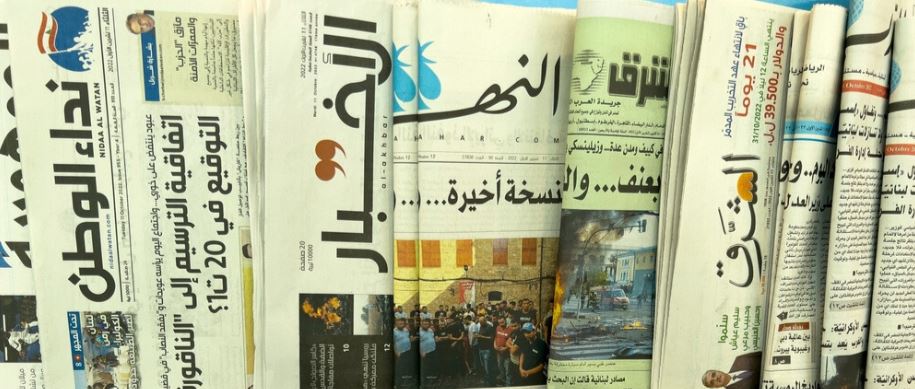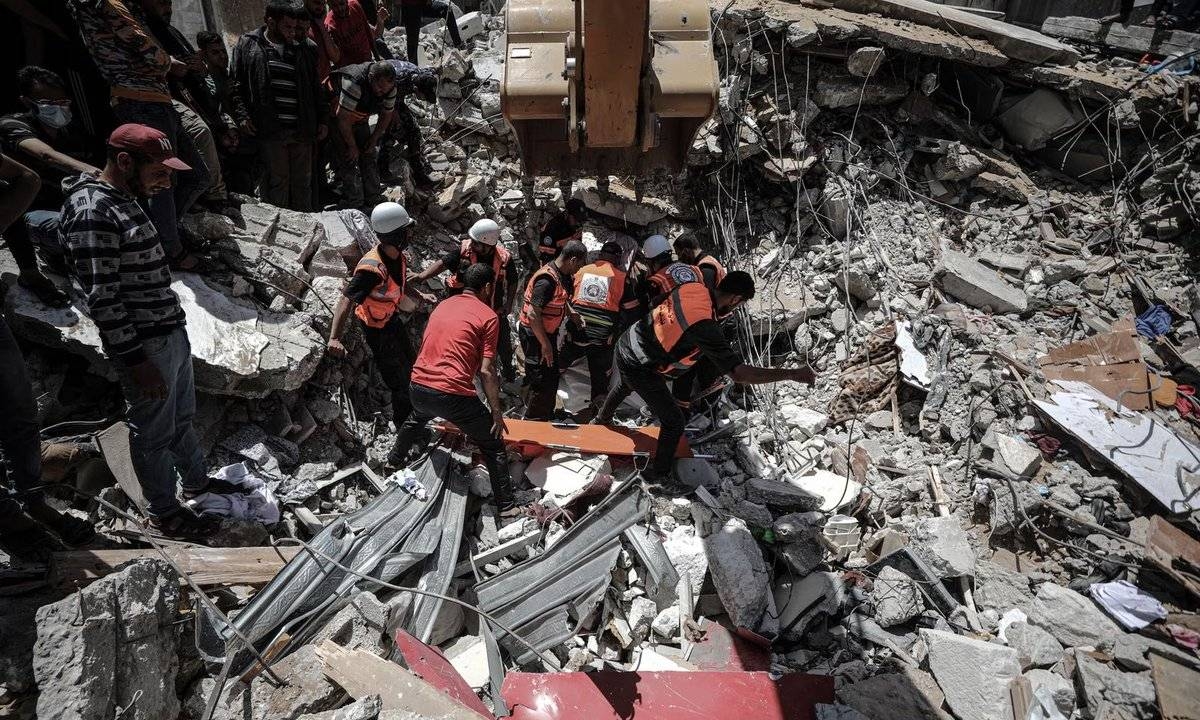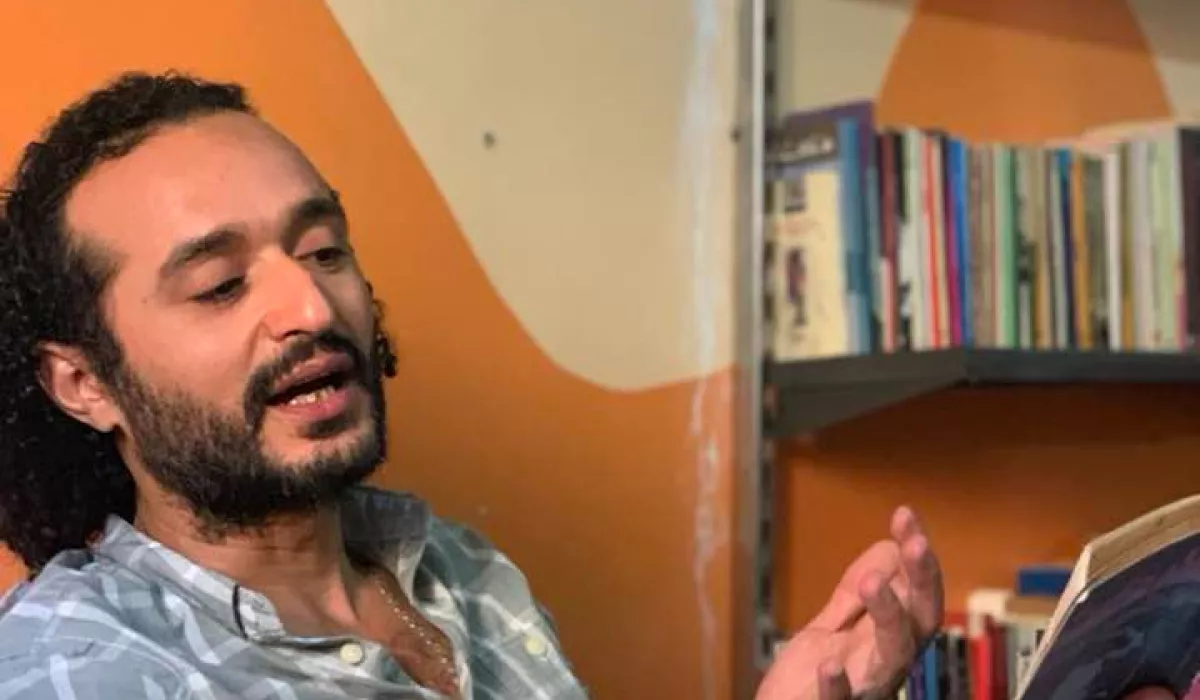
Targeted Repression: Turkish Operation Collars Pro‑Kurdish Journalists
November 28, 2024
China Locks Down Journalist Dong Yuyu in Espionage Sweep
November 29, 2024November 28, 2024 – Lebanon –
Lebanon’s parliament began drafting a new media law to replace the Publications Law of 1962 and the 1994 Audiovisual Law. However, as scrutinized by the Coalition to Defend Freedom of Expression and Amnesty International, the proposed legislation is fraught with provisions that could severely restrict free speech, entrench state control, and punish dissent.
A central concern is the re-criminalization of defamation and insult, including protections for “heads of state,” ambassadors, and recognized religions, with penalties of up to three years in prison and hefty fines, raising the stakes for journalists and citizens alike. These laws have already been weaponized against media workers: in July, journalist Dima Sadek was sentenced to a year in prison and fined the equivalent of about US$1,200 for criticizing political actors on social media.
The draft also mandates prior licensing requirements for all media outlets—including digital platforms—effectively allowing the government to dictate who can report and who cannot. Closed-door negotiations inside the parliamentary Administration and Justice Committee have progressed without meaningful input from civil society or journalistic bodies. UNESCO-recommended reforms—such as abolishing prison terms for insult and defamation—were largely ignored.
Civil society groups, including the Freedom of Opinion and Expression Coalition, and international organizations like Amnesty and Human Rights Watch, have demanded a wholesale revision of the draft. They call for decriminalizing defamation, ensuring truth is a full defense, and allowing open consultation in parliamentary debates.
Experts note that Lebanon already suffers from pervasive self-censorship among journalists and bloggers, driven by fear of legal reprisals and censorship from powerful political and sectarian factions. The new law’s introduction of tougher penalties and licensing could deepen this repression and undermine Lebanon’s precarious democracy.
In sum, without fundamental reforms, Lebanon’s draft media law risks codifying censorship and intimidating criticism, undermining the press’s watchdog role, and violating international rights standards. A transparent, rights-based revision process is essential to preserve freedom of expression in Lebanon.
Reference –
Lebanon: Proposed media law poses grave threat to freedom of expression
https://menarights.org/en/articles/lebanon-proposed-media-law-poses-grave-threat-freedom-expression




